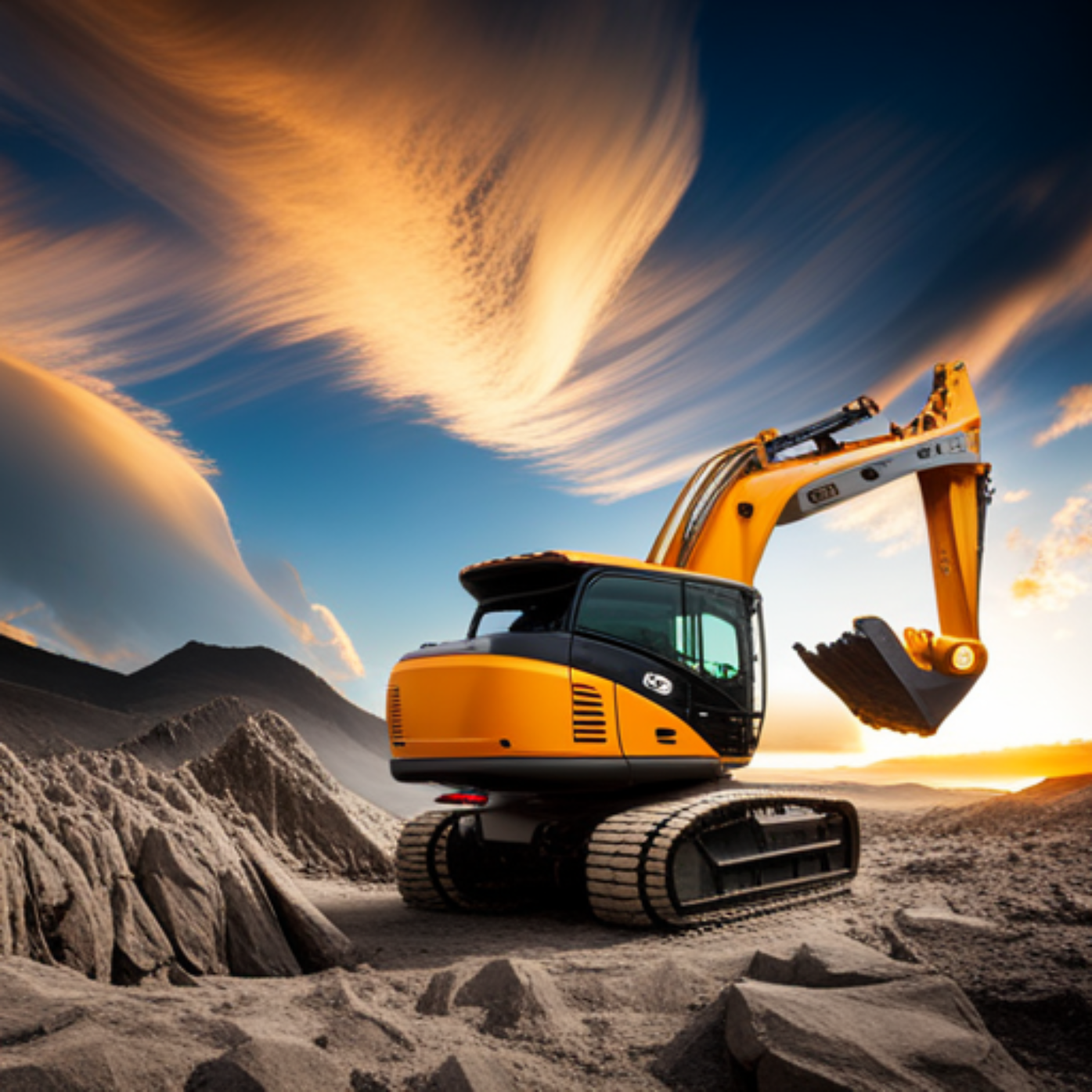
When faced with transporting large machinery, construction materials, or other substantial loads, renting an equipment trailer can be an ideal solution. Equipment trailer rental offers a flexible and economical way to meet your hauling needs without the commitment of purchasing a trailer. This guide delves into the benefits, types, and important considerations of renting an equipment trailer.
Advantages of Equipment Trailer Rental
Renting an equipment trailer provides several key benefits:
Cost Savings: Renting eliminates the significant upfront costs associated with purchasing a trailer, making it a cost-effective option for temporary or occasional use.
Versatility: With rental options, you can choose the exact type and size of trailer needed for each specific task, ensuring optimal efficiency.
Maintenance-Free: Rental companies handle the maintenance and repairs, allowing you to focus on your project without worrying about upkeep.
No Storage Hassles: Owning a trailer requires space for storage, which may not be feasible for everyone. Renting eliminates this concern, as you only need the trailer for the duration of your project.
Types of Equipment Trailers Available for Rent
Several types of equipment trailers are available for rental, each designed for different purposes:
Utility Trailers: Perfect for transporting smaller equipment, tools, or light-duty loads. They are versatile and can be towed by most vehicles.
Flatbed Trailers: Ideal for hauling heavy machinery, construction materials, and large equipment. Their open, flat deck allows for easy loading and unloading.
Enclosed Trailers: These trailers offer protection from weather and added security for valuable equipment, making them suitable for sensitive or high-value items.
Dump Trailers: Featuring hydraulic lifts, dump trailers are excellent for transporting and unloading loose materials such as gravel, sand, or debris.
Gooseneck Trailers: Designed for heavy-duty hauling, gooseneck trailers provide increased stability and load capacity, making them perfect for large-scale projects.
Key Considerations for Renting an Equipment Trailer
Before renting an equipment trailer, take into account the following factors:
Load Capacity: Ensure the trailer you rent can handle the weight and dimensions of your load. Overloading a trailer can cause accidents and damage.
Towing Vehicle Compatibility: Verify that your towing vehicle can safely pull the trailer and its load. Check the vehicle's towing capacity and hitch compatibility.
Rental Duration: Determine the length of time you will need the trailer. Rental companies offer various rental periods, from daily to monthly rates.
Insurance Coverage: Confirm whether your insurance covers rented trailers or if you need to purchase additional coverage from the rental company.
Safety Features: Inspect the trailer for essential safety features, including working lights, brakes, and secure hitch connections.
Conclusion
Renting an equipment trailer offers a practical and economical solution for transporting heavy loads. With a range of trailer types available, you can choose the best option to suit your specific needs without the long-term commitment of ownership. By considering factors such as load capacity, towing vehicle compatibility, and rental terms, you can ensure a safe and efficient rental experience. Whether for construction projects, moving large equipment, or other heavy-duty tasks, equipment trailer rental provides the flexibility and convenience needed to complete the job successfully.



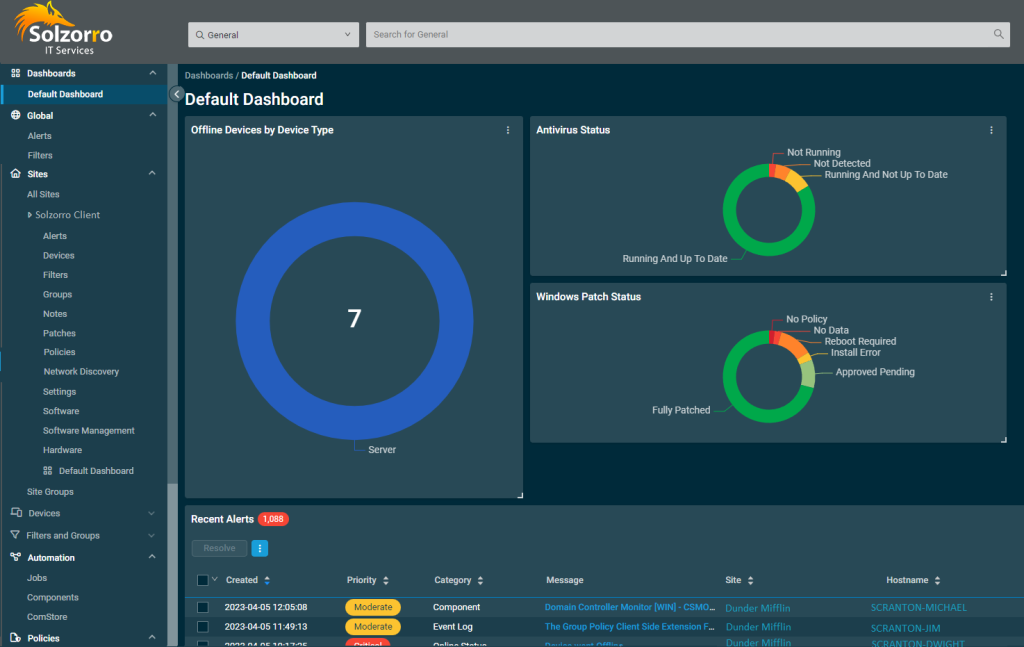


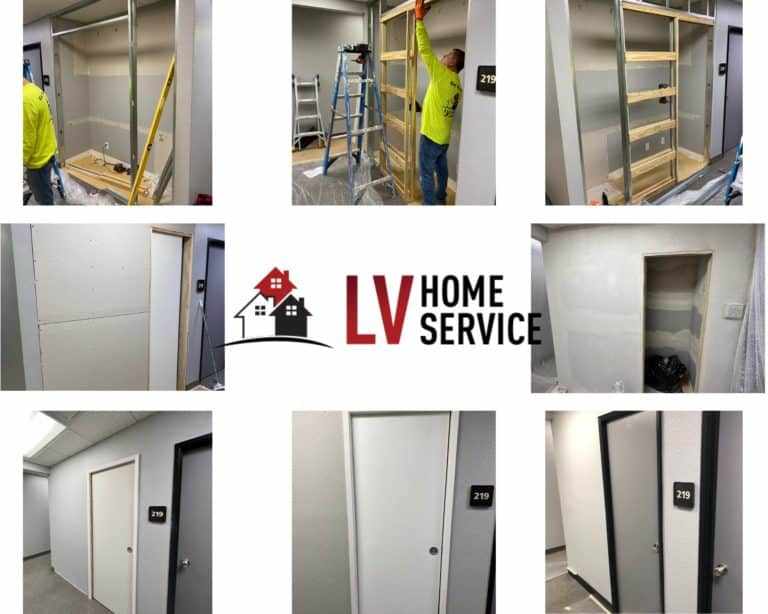
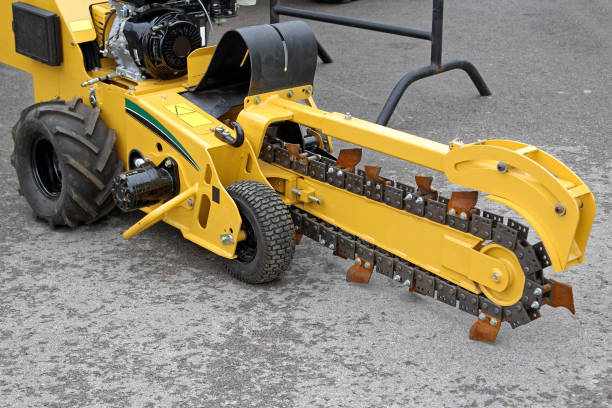

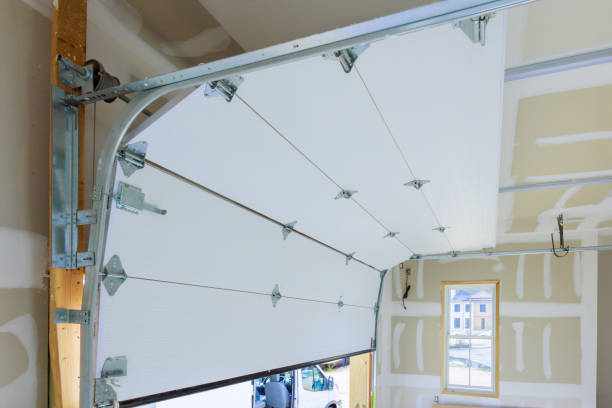



Write a comment ...